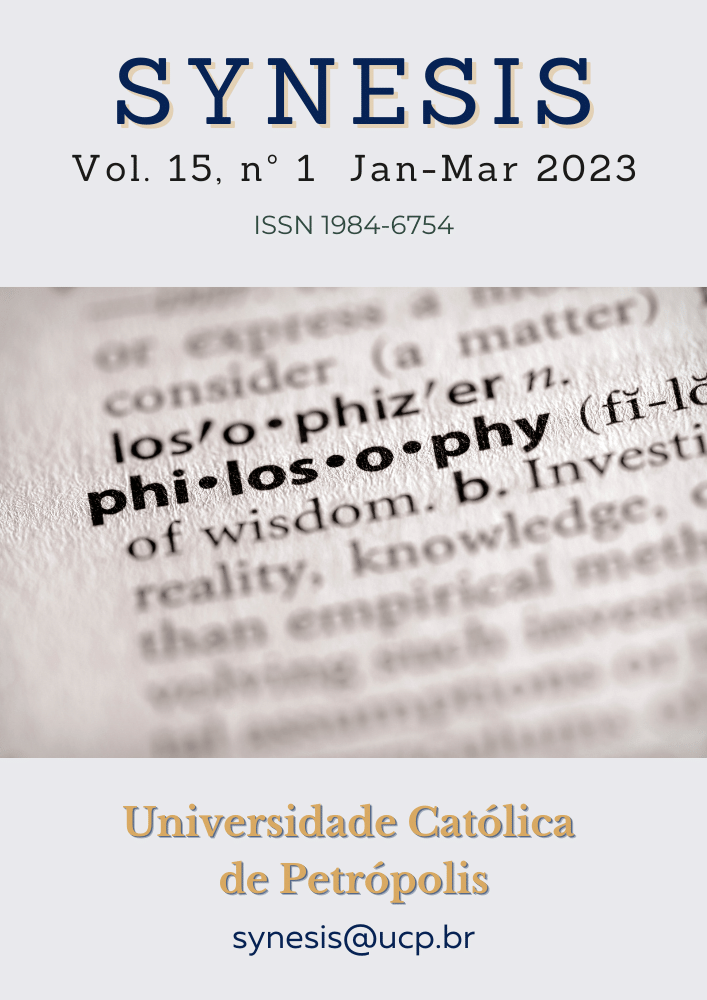Abstract
Taoist is a significant philosophical movement in the history of ancient Chinese ideology. It has a profound influence not only on the culture of China but also on the ideology and cultural traditions of many Asian countries. The formation and development of the Taoist school of philosophy are associated with the names of many great philosophers such as Lao Tzu, Duong Tzu, Trang Tzu, etc. which Lao Tzu is the ancestor of the Taoist school. Lao Tzu is a unique phenomenon in the history of ancient China philosophy. He is considered the “half-myth” ideologist of the world, the number one dialectician of the entire Eastern philosophy. His ideology is expressed in only about 5.000 words of the Tao Te Ching but has made a deep impression on many generations from now on. Researching ancient documents and scholarly studies over the past hundred years shows that Lao Tzu’s dialectical ideology about the world greatly values the development of Eastern ideology. Based on the analysis of ancient documents, the judgments and evaluations of scholars, especially the study of the Tao Te Ching, this study clarifies Lao Tzu’s dialectical ideology about the world, and determines the value of this ideology; at the same time, it points out some limitations so that readers can have a more comprehensive view of Lao Tzu’s dialectical ideology in particular and Taoist ideology in general.
References
CAO XUAN HUY. Eastern ideology evokes points of reference. Hanoi: Culture Publishing House, 1995.
CHI-YU JEN & CHAO-PENG CHUNG (eds.). Tao-Tsang t’i-yao [Synopsis of the Taoist Cano]. Peking: Chung-kuo she-hui k’o-hsüeh ch’u-pan she, 1991.
History of Sima Thien. Hanoi: Literature, 2003.
HO FUSAN (ed.). Great Chinese Taoism dictionary. Beijing: Social Science, 1995.
INSTITUTE OF PHILOSOPHY. Lectures on the history of philosophy, Vol.1. National Political Publishing House, Hanoi, 1994.
LAO TZU. Đạo Đức Kinh (Tao Te Ching) (Translated by Phan Ngoc). Hanoi: Literature Publishing House, 2001.
LY MINH TUAN. Lao Tzu Tao Te Ching explains. Hanoi: Phuong Dong, 2010.
NGUYEN HIEN LE. Lao Tzu. Đạo Đức Kinh (Tao Te Ching). Hanoi: Culture Publishing House, Hanoi, 1998.
NGUYEN UOC. Outline of Oriental Philosophy. Hanoi: Tri Thuc, 2009.
NHAN TU NGUYEN VAN THO. Lao Tzu and the Spiritual Mysterious Path. Retrieved from http://nhantu.net/TonGiao/LaotuConduongHNTL.htm, 2015.
PHAN NGOC. Vietnamese cultural identity. Hanoi: Literature, 2002.
PHUNG HUU LAN. History of Chinese Philosophy. Hanoi: Social Sciences, 2013.
THU GIANG & NGUYEN DUY CAN. Lao Tzu tinh hoa (2nd ed.). Saigon: Khai Tri Bookstore, 1974.
VAN, V. H. The influence of Taoism on the folk beliefs of the Vietnamese. Russian Journal of Vietnamese Studies. DOI: https://doi.org/10.54631/VS.2022.64-111099, 2022.
VU HONG VAN. Taoism and expressions in Vietnamese folk beliefs. Hanoi: National Politics Truth, 2017.

This work is licensed under a Creative Commons Attribution-NonCommercial-NoDerivatives 4.0 International License.
Copyright (c) 2023 Synesis (ISSN 1984-6754)

